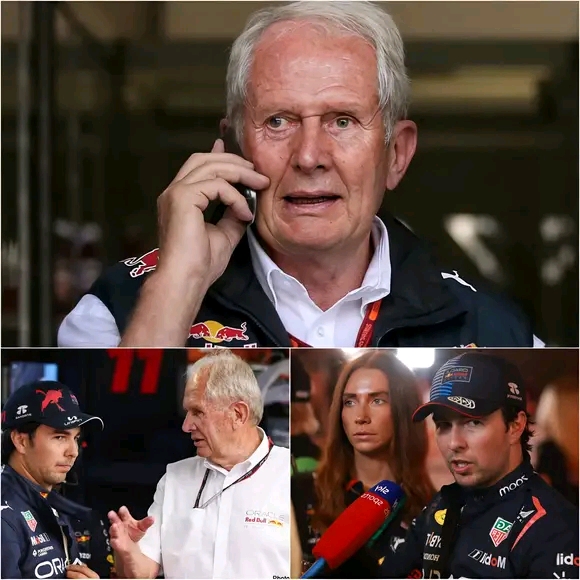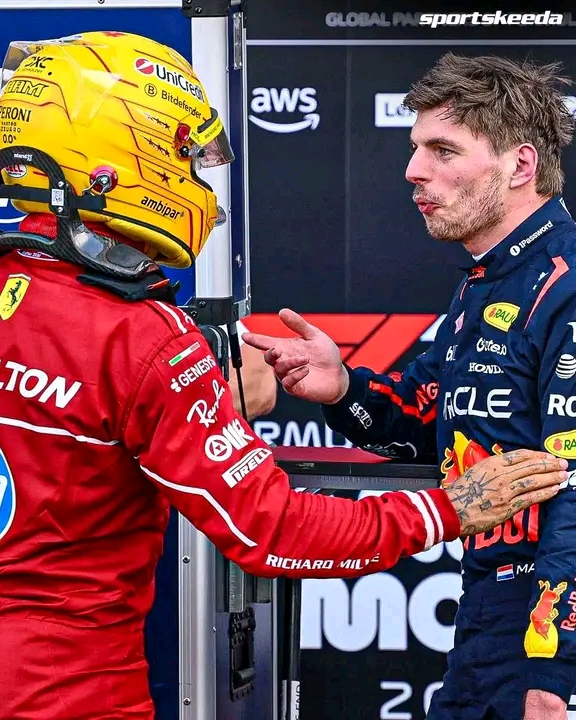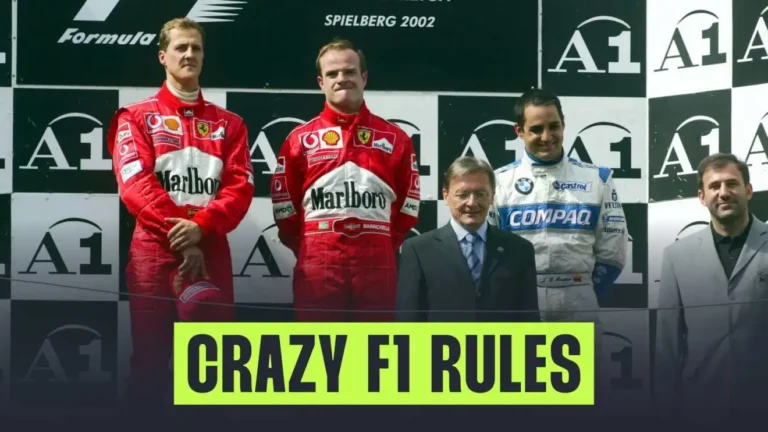
Catchy Headline:
Toto Wolff’s Gamble: Mercedes Ceases 2025 Car Development to Chase 2026 Glory
Following a turbulent series of races marred by underperformance and misjudged upgrades, Mercedes has made a bold strategic pivot by halting all developmental efforts on its 2025 W16 challenger. After George Russell’s fifth-place finish at Spa-Francorchamps—lagging over 30 seconds behind the race winner—and rookie Kimi Antonelli’s ongoing adaptation struggles, the team convened a crucial internal meeting post-Belgium. Though whispers of a “crisis summit” circulated the paddock, Toto Wolff downplayed the tension, asserting it was merely a typical debrief. Still, what emerged from that gathering was a dramatic shift in developmental philosophy.
Mercedes’ turning point came after the failed suspension upgrade at Imola, which exacerbated car balance issues rather than resolving them. Intended to rectify mechanical instability, the upgrade instead derailed driver confidence entirely. Wolff acknowledged the misstep, noting the team was lulled into false optimism by a Montreal victory, which masked deeper issues. Reverting to the previous suspension configuration for the Hungarian Grand Prix, Russell immediately claimed a podium after a spirited overtake on Charles Leclerc—restoring morale but affirming that the W16’s competitive ceiling had been reached.
Consequently, Mercedes has declared the W16 development officially concluded, with no further updates planned for the rest of the season. The team will focus on refining its current package, extracting maximum performance through optimized setups rather than hardware changes. All remaining resources—both technical and financial—have been reallocated to designing their 2026 car, signaling an unambiguous commitment to capitalizing on the radical regulatory overhaul expected next year. This recalibration marks a decisive, high-stakes maneuver as the team concedes 2025 title ambitions.
With 2026 bringing sweeping changes to Formula 1—including lighter chassis regulations and a revolutionized hybrid power unit formula—the opportunity for a performance reset looms large. Wolff confirmed that development focus has completely shifted to interpreting and mastering these new guidelines. Despite Mercedes trailing Ferrari by a modest 24 points, the team has accepted that overtaking both Ferrari and runaway leaders McLaren without new upgrades is unrealistic. Instead, their goal is now future-oriented: build a machine ready to dominate a new era.
For Russell and Antonelli, the remainder of 2025 transforms into a data-collection and system-optimization mission. Their performance will help sculpt the foundation of Mercedes’ 2026 resurgence. Wolff’s daring decision sends a clear message to competitors: Mercedes is willing to sacrifice short-term success in pursuit of long-term supremacy. It’s a strategic gamble that could either catapult the Silver Arrows back to the top—or leave them languishing in the shadows if miscalculated.



